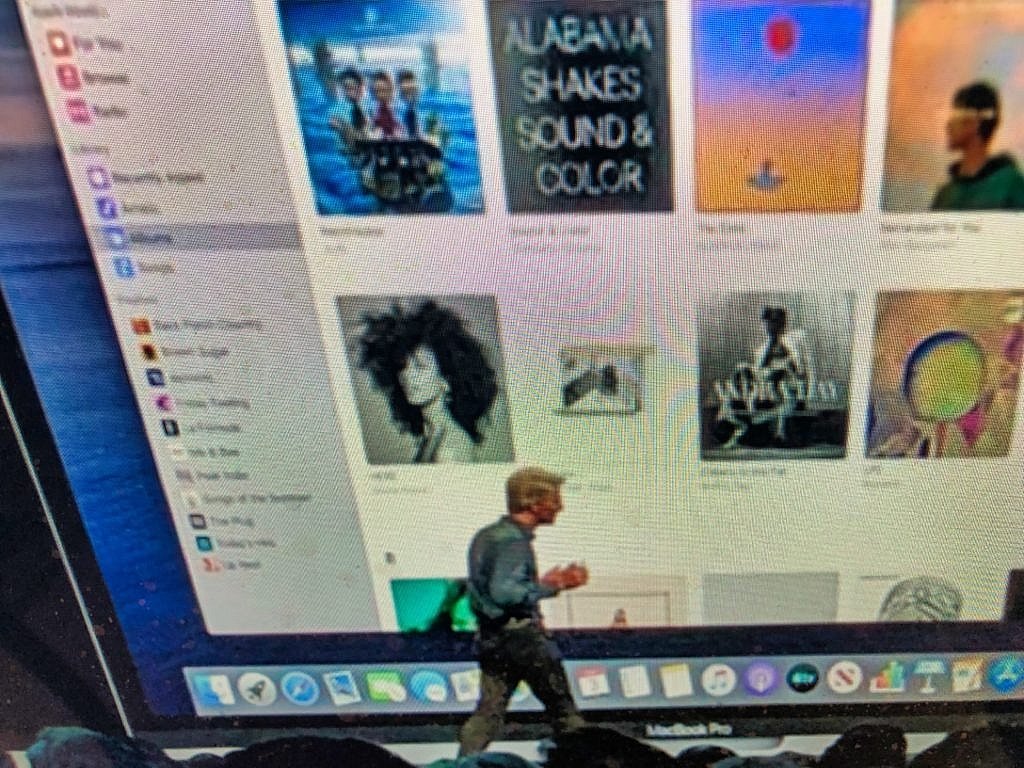Lest we forget, Factory Records impresario Tony Wilson was a digital music pioneer. Marking 13 years ago today since his untimely death, The Guardian profiled Wilson’s ill-fated start-up, Music33. This venture was an online MP3 store, launched three years before the iTunes shop (but, to be fair, a couple of years after eMusic).
Wilson approached the majors, but they wouldn’t get on board. If you remember, the prominent record labels were, at the time, adamantly opposed to download stores and even more resistant to unbundling songs from their albums, a built-in feature of Music33. “People want to buy songs,” Wilson insisted. He did enlist some cool indie labels like Skam (home to Boards of Canada), Mark Rae’s Grand Central, and Blood and Fire. The latter was a dub/reggae reissue label that I adored and had no idea until today that Simply Red’s Mick Hucknall was partly responsible.
Music33 didn’t go well, ahead of its time like a lot of Tony Wilson’s endeavors. Download speeds circa 2000 didn’t cooperate, users had to redeem their purchases via passwords, and the management of micro-payments was impossible. Music33 was doomed to fail.
In just a few years, technology solved all of those problems for Music33’s successors. But there was one idea Wilson had that didn’t carry over to our modern paradigm. From The Guardian piece:
Wilson conceived Music33 as an online record store. The price of a song would be split three ways – 11p apiece for the website, for the artist and for their record label. Wilson felt, as he told me in 2000, that “these shits” – the labels – “saying to the artists: ‘You can have so much per cent’ can go screw themselves.”
The three-way split is an intriguing proposition. That arrangement strongly favors the artist as, after recouping, the artist also gets part of that label split — or all of it, if self-released. That’s in addition to a mandatory third of the total proceeds. Of course, the artist would need to be in direct contact with the store to get her 1/3 share which is problematic. But, as we’re dreaming here, imagine that neighboring rights organizations like SoundExchange handle the artist’s portion. That direct relationship for artist payments already exists with SoundExchange, and gathering performers’ royalties from downloads (or streaming) isn’t that far from what the organization already does.
What if Music33 had taken off and set the tone for the structure of download payments, evolving into the standard rates for streaming payouts? With artists guaranteed to receive at least 33% of streaming royalty, today’s landscape would look quite different.
Update: As I tweeted, songwriters and publishers would still get the short end of the stick in Music33’s alternate timeline.
🔗→ ‘You’ve been smoking too much!’: the chaos of Tony Wilson’s digital music revolution

